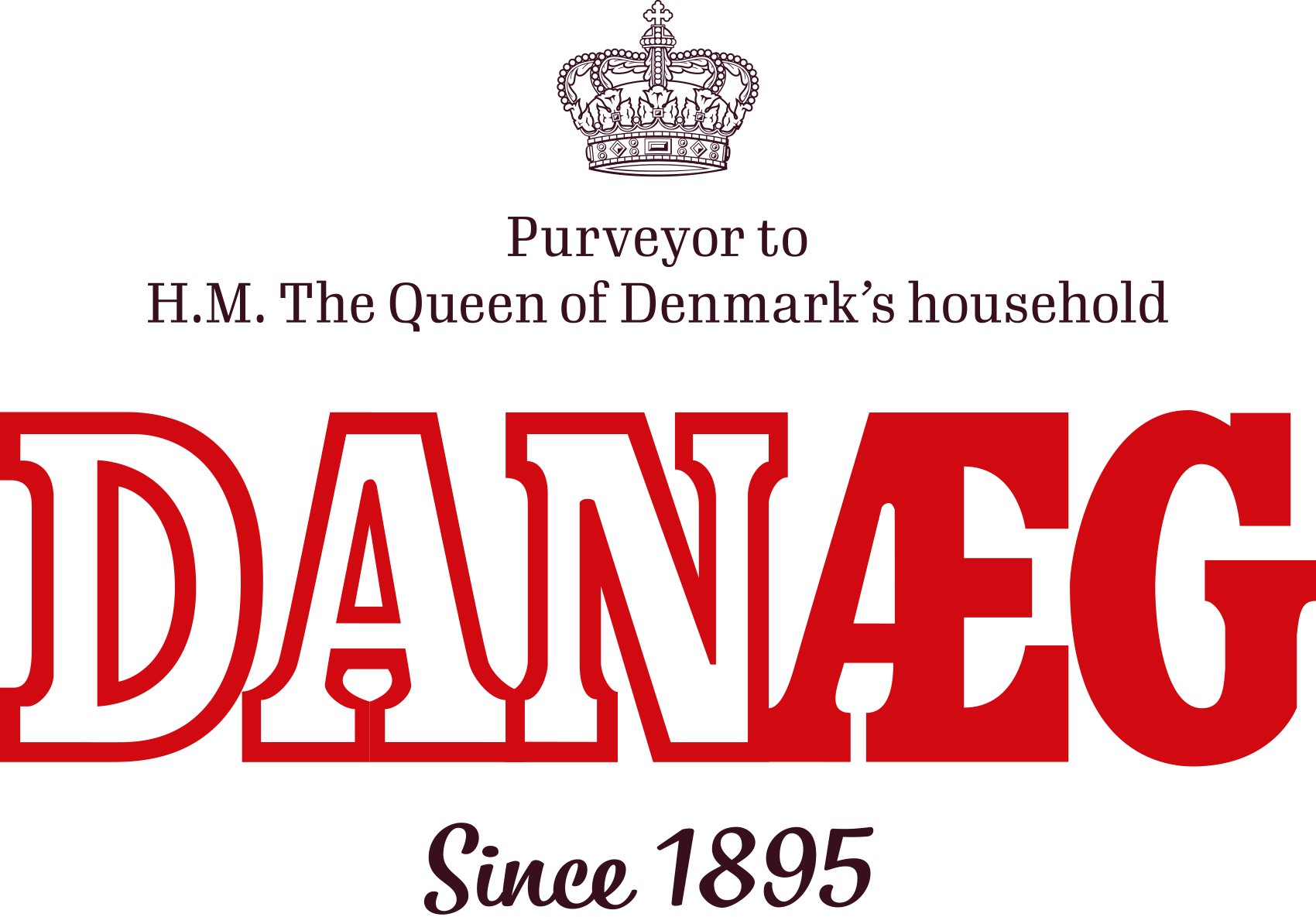ORUPGAARD
Fourth generation on the estate
In Nykøbing Falster lies the fairlytale-like Orupgaard Gods, which has existed since the year 1231. The estate has been owned by both traders and barons over time, but today the farmer Thomas Højgaard runs the farm in fourth generation after his great-grandfather. In the summer of 2018, 30,000 organic hens moved into Orupgaard.
From great-grandfather to great-grandchild
When Thomas Højgaard talks about Orupgaard, it is hard not to be fascinated by the long and exciting history of the farm. Orupgaard was first mentioned in the year 1231, when the king took over the hunting farm.
That was the case until the year 1766, after which the farm came into private hands among various traders and barons. But for Thomas, the story becomes personal only when his great-grandfather Knud Højgaard - one of Denmark's most prominent engineers - bought the estate in 1939.
The farm that burned
Since then, the farm went into inheritance from Knud Højgaard to his son Erik Højgaard and on to Thomas' father Knud Højgaard, who started the first cage egg production in 1977.
In 2006, Thomas took over the egg production, which continued until 2015, when a fierce fire put an end to the production. The fire left the farm buildings desolate and killed all of Orupgaard's young hens.
From cage eggs to organic hens
Despite the violent incident, Thomas quickly decided that the new egg production should be organic. In the summer of 2018 - three years after the horrible fire - Orupgaard got its first flock of organic hens in a newly built, state-of-the-art barn.
In the extension of the barn, Thomas has a small packing station where the eggs are packed and prepared for DANÆG's drivers to pick up the organic eggs.
My heart is in agriculture
Although Thomas grew up on Orupgaard, his path to take over the farm was not to be expected. First, Thomas spent three years in the military, where he trained as an officer.
However, as he himself puts it, he had to acknowledge that his heart lay in farming. Therefore, after the military, he chose to educate himself as a farmer at Lyngby Agricultural School.
With the advice of his father
Thomas enjoys spending time in the ocean as a diver and in the air as a pilot. Thomas is also the father of a son, 10, and two girls, 21 and 23.
Thomas' father still lives on the estate and is happy to share his years of experience when Thomas or the operator, Karina Møller, encounters challenges with the production.
You can't farm from the office
The start of organic production has not been without problems. The working days are long, and Thomas says that he and Karina recently had to work until 2 o'clock at night because there was a fault in the hen house. Yet they love working with egg production and farming.
“What appeals to us are the animals. You become happy when you spend time with the animals. I couldn't wait to get started, ” Thomas says with eagerness in his voice.
The hens' communication
When Thomas says that "if you do not listen to your hens, you will be punished immediately", he means it. According to Thomas, it is crucial to be present in the barn and listen to the hens' cockle and sense their mood.
He feels that the hens communicate how they feel, and then it's all about being responsive. Close contact with the hens helps Thomas to notice problems early on.
Trees is a must
In the henhouse, Thomas and Karina have planted young populus and mirabelle trees. What is currently a few thin branches will eventually become shading hiding places for the hens.
Trees are important so that the hens can hide from birds and have shelter from harsh winds and harsh sun. When the mirabelle trees grow big enough to bear fruit, the decaying fruits attract insects and worms that the hens can enjoy.
Feed for the hens
Thomas' hens get an organic feed mix, and he supplements the feed with roughage several times a day. The roughage consists of an organic barley/pea mix and sets the hunger of the hens and at the same time acts as occupation for them.
Every morning, the chickens are let out into the yard, and then comes back inside again when darkness falls.
